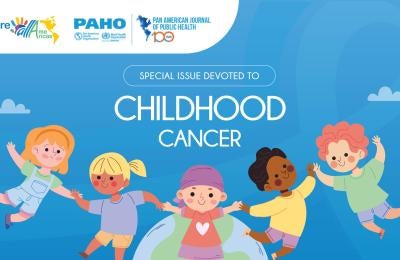Factors associated with tuberculosis mortality in Paraguay, 2015-2016
Objective.
To describe the socio-demographic and clinical-epidemiological characteristics and to determine the factors associated with the mortality of people diagnosed with tuberculosis (TB) in Paraguay.















